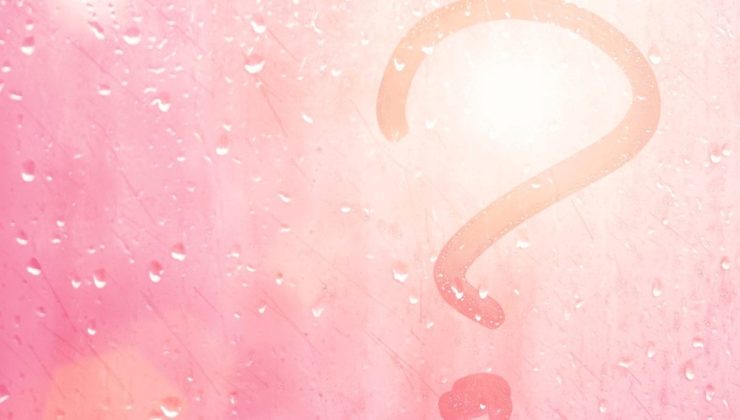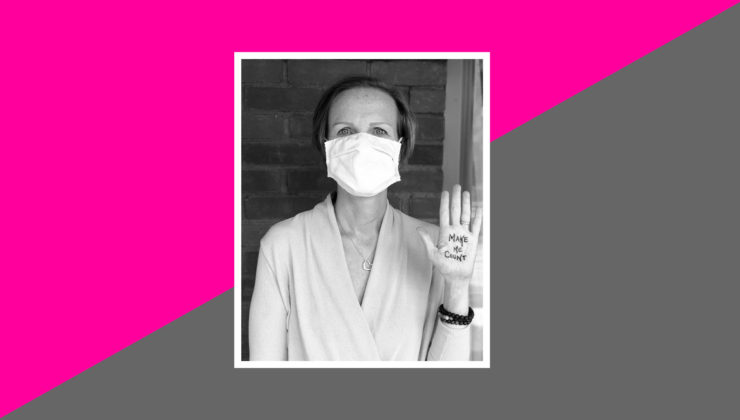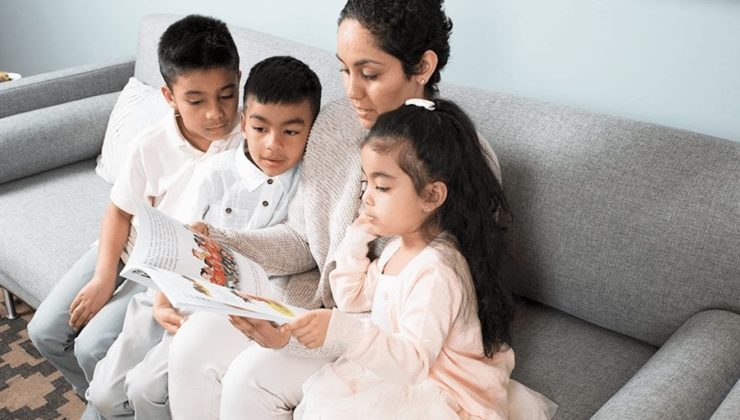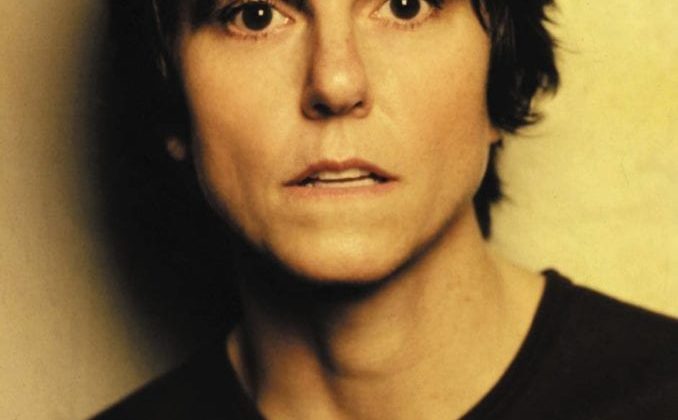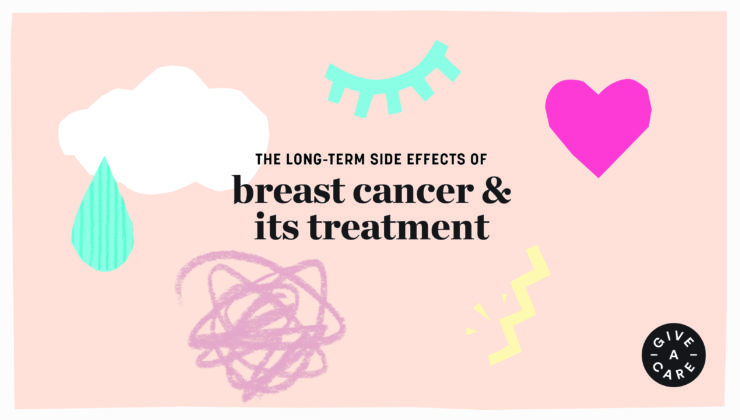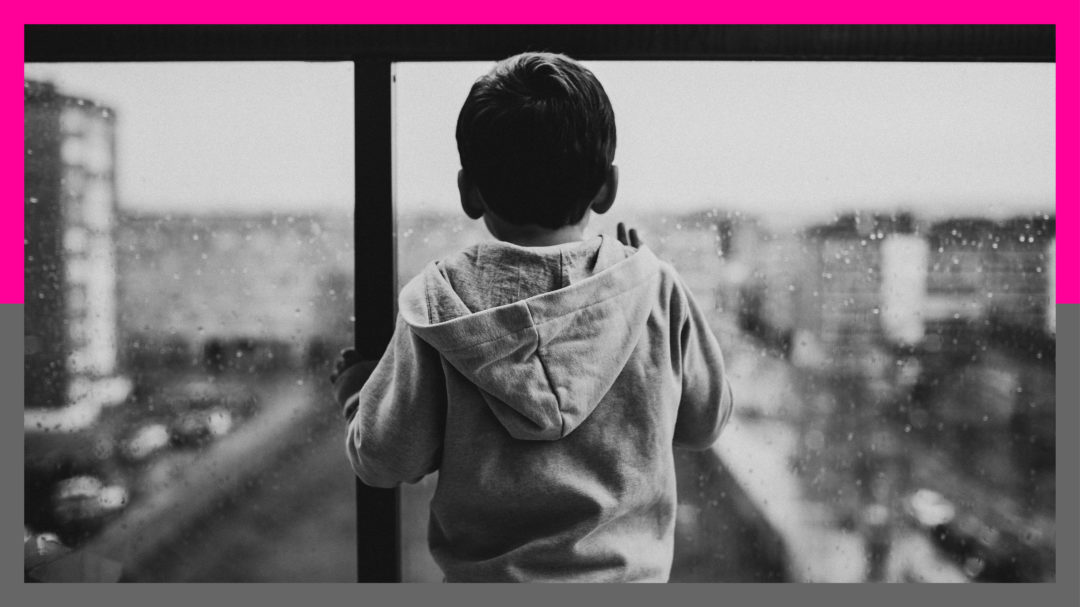
Collateral Damage
Rethink is honoured to be the guest editor for Wildfire Magazine’s MBC: Young and Stage IV October issue, which is dedicated to highlighting the voices of those with Metastatic Breast Cancer.
Here is Patricia’s story.
Umpteen reasons why
Whirling swirling through my head
We got to this place I told you’d we’d come
Unfinished failure and fear of the future
Little bird’s failure to take flight
Genius interrupted by fear of loss and grief and heartbreak
The crab creepily crawling into every crack
Threatening to grab hold and pull us under to where it is dark to infinity and beyond
– P Stoop, Pity Party Poetry, 2019
INTRODUCTION
Parenting teens is tough at the best of times; parenting with metastatic breast cancer is herculean. Grief and fear in an MBC home impacts attachment and disentanglement as youth wrestle with their identity and future. This will be tough to read. My teen consented to me sharing in hopes we might help someone feel less isolation and shame. Please put aside ideas around good or bad parenting. Most don’t talk because they fear judgment from within and outside of the MBC community. Teens are wilful individuals no matter how you raise them. “It’s not your fault (Good Will Hunting, 1997).”
SamHill (pseudonym) is a ridiculously smart, creative, compassionate, forgiving, funny, lazy, tall, handsome, athletic, and talented young adult. He could do or be anything. His dad is Mohawk/Potawatomi and was adopted during the 60’s Scoop – part of Canada’s colonial history.
THE DARK SIDE
SamHill was nine when we were served the MBC life sentence. He struggled early in school with dyslexia and ADHD. However, by 2016 at the age of 15, SamHill scored a 97% average, dreamt of astrophysics, fell in love, and won provincial championships in hockey. He planned for university, scholarships, and having a blast as a grad. By May, 2019 his attendance dropped to 20% and he scraped by with just enough credits to graduate. He wore pajamas to the graduation ceremony expressing ‘screw you’ to the establishment.
In early 2017, SamHill became depressed, distressed, anxious, and isolated. He couldn’t sleep or eat and turned to risky stuff like smoking nicotine and cannabis, binge drinking, and ‘hooking up’ carelessly. Every time we felt we were out of the woods, things would get harder. At one point he literally went into the woods on a -20C night hoping to die of exposure. I have cleared the room like a nasty fart talking about teen suicide. Dealing with this monster (the situation, not the kid) was the most isolating, shameful experience of my life. And accessing the right help at the right time was like crawling backwards through a labyrinth in the dark.
I’ve had MBC for 8 years and in 2017, I experienced debilitating treatment toxicity. I spent the year in bed, used a power wheelchair, and ate from a blender. I crawled out of that hole and am lucky to remain NEAD on treatment. Despite cancer, I never lost sight of hope until I watched my son suffer. By spring of this year, I was numb and felt no joy, pleasure, or compassion. And boy, was I bitter.
IT’S NOT JUST US
These big problems are collateral damage in my MBC community. Three teens attempted suicide, one didn’t leave the house for a year, and one acted out then ran away for 46 days with a sexual predator. And, most tragically, a ‘misbehaving’ teen was taken from their home when their parent had brain mets, they developed addictions, and were living in a rehabilitation facility when their parent died.
THE BRIGHT SIDE
Smart people taught me, “this too shall pass” and “trust the process.” Mental illness and cancer don’t follow deadlines or respect goals. Grad year deadlines drifted by and I learned (painfully) to let go. We went to play Indigenous hockey and tour universities with Indigenous recruiters in Alberta in March. Cue Bohemian Rhapsody, our road trip anthem. This culminated in an intimate evening with Rob Cardinal, Indigenous astronomer/physicist with a BSc. from Victoria, BC. Rob was a 60’s Scoop survivor too. As a young adult he dropped out of school, experienced mental illness and addictions, and lived ‘on the streets’ for six years before he rediscovered science. We stood under the stars discussing the meaning of life and origins of the universe. He deftly connected Blackfoot world view to physics. Did you know all living and non-living things are connected by rocks (meteors)? Toward the end, Rob talked about PTSD, depression, anxiety, and learning challenges as a result of intergenerational trauma. His logic, humility, and compassion encompassed us that night and reminded me to ‘trust the process.’ SamHill later told me, “I’d rather be a good person than a PhD.”
SamHill graduated, cramming half a year of calculus into one week. He took his 6-year-old cousin to prom and they stole the show. He became a bike coach and is working with kids for the summer. He’s especially good with special needs kids. Yesterday, he was offered a seat in a college music program! We finally found a great adolescent mental health specialist and genetic insights will help us choose treatment and develop supports and strategies. It’s a far cry from easy. If you ask SamHill what he wants to be, his answer is, “Be happy and be a good person.”
WHAT CAN WE DO?
Parenting and teen advice in psychosocial oncology doesn’t address the complexity and urgency of parenting with MBC. I don’t know what the full answer is because people don’t talk about it. However, here are some RIGHT NOW suggestions for friends, family and providers:
- Listen more, advise less:
- Hold space with us in the dark; we don’t expect you to know what to say or do
- Advice feels like judgment; whatever gets us through is the only option unless you roll up your sleeves and help
- Focus on the relationship not the behaviour
- Encourage passion – don’t stifle/judge
- Playing and listening to heavy metal music and gaming saved SamHill
- Gaming and smartphones can help a teen connect, belong, talk about their problems, and provide distraction
- Other creative interests can also help. Try: art, music, writing, make-up, film, photography, cooking/baking, and sports
- Inclusion
- Eeyore was included in adventures with Pooh even if he was miserable. SamHill wasn’t invited to any unsanctioned grad activities yet saw them on social media
- Invite, invite, invite again – even if you have to ask the parent or youth one hundred times—getting out is formidable
- Connecting and belonging are humanity 101; aim to connect and help us belong; how often do you hear in the news that a young shooter was included in their peer groups?
– By Patricia Stoop
Click here to read more stories from Wildfire Magazine’s MBC: Young and Stage IV issue.

